Papers by Ramnarayan S Rawat

Comparative Studies in Society and History. 2024;66(3):700-725, 2024
Drawing from publications by Swami Achutanand and the Adi-Hindu Mahasabha press between 1916 and ... more Drawing from publications by Swami Achutanand and the Adi-Hindu Mahasabha press between 1916 and 1940, this article examines the role of this north Indian Dalit organization in creating language and categories of liberalism in the Hindi vernacular. The Mahasabha poet-activists published numerous song-booklets in a variety of Hindi song genres to intervene in ongoing discussions on the subjects of representation and equality which they characterized as mulki-haq and unch-niche. Histories of liberties in late colonial India have typically examined its emergence within dominant Hindu and Muslim middle-class groups. This article uncovers the unique contributions of Dalit poet-activists who recognized the value of liberal ideas and institutions in challenging caste and abolishing "Manu's Kanun" (lawgiver Manu's Hindu law codes). It highlights the methodological importance of mohalla (neighborhood) sources usually located in Dalit activists' houses in untouchable quarters. The chapbooks found in mohalla collections have enabled the writing of a new history of the Mahasabha's activism and of the initiatives taken by poetactivists in founding a new Dalit politics in northern India. I explore the emergence of a Dalit literate public which sustained the activities of the Mahasabha and which responded with enthusiasm to its articulation of the new social identity of Achut (untouched) and a new political identity of Adi-Hindus-original inhabitants of Hindustan (India). Offering a new methodological approach in using mohalla sources and song-booklets composed in praise of liberal institutions, this essay makes a significant contribution to the recovery of a forgotten Dalit public sphere in early twentieth-century India.
Oxford University Press eBooks, Jan 23, 2024
Reconsidering Untouchability, 2011

The essay documents the unprecedented transformation of the term Achhut in the Hindi literature f... more The essay documents the unprecedented transformation of the term Achhut in the Hindi literature from an adjective describing a quality ‘untouched, [and] pure’ to a noun referring to an untouchable person or caste and characterising them as impure. Using Hindustani and other language dictionaries of the nineteenth and twentieth centuries, prominent Hindi-language journals of the period, such as the Nagari Pracharini Patrika and Sarasvati, and the Adi-Hindu Mahasabha political and literary activism, I will trace the history and politics of the Dalit movement in the early twentieth century that may have created a new meaning of this category. In particular, I investigate the role that the Adi-Hindu Mahasabha movement, through its publication and politics, may have played a key role in proactively constituting a new meaning of the term Achhut. I also highlight the role of Nirgun Bhakti traditions, their locations in Dalit mohallas, as crucial to the articulation of the Dalit political in North India.

History Compass
Dalit Studies has emerged as a new field of study in South Asia since the 1990s, helping to reori... more Dalit Studies has emerged as a new field of study in South Asia since the 1990s, helping to reorient scholarship’s interest away from the study of untouchability as a phenomenon toward a recognition and recovery of Dalit actors. This review essay identifies three broad themes-occupation, dignity, and space, and uses them to survey the literature on Dalit society over the last hundred years. It suggests that occupation was a prominent organizing category in colonial and early post-colonial ethnographic writing that was used to catalogue and define Dalit religious traditions and socio-economic practices. Struggles for dignity and efforts to eradicate caste inequality have become central concerns in more recent writings. This essay also draws attention to a less recognized theme by focusing on the role of space, particularly the role of jati mohallas, in mediating the experience of caste and shaping Dalit political consciousness.
Reconsidering Untouchability: Chamars and Dalit History in North India, 2011


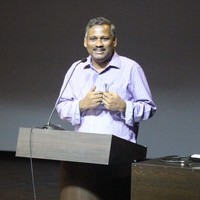


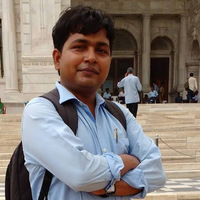
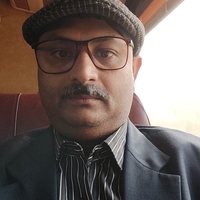

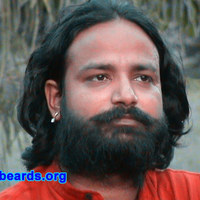
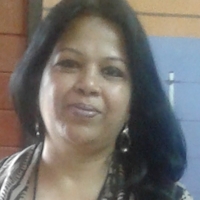

Uploads
Papers by Ramnarayan S Rawat